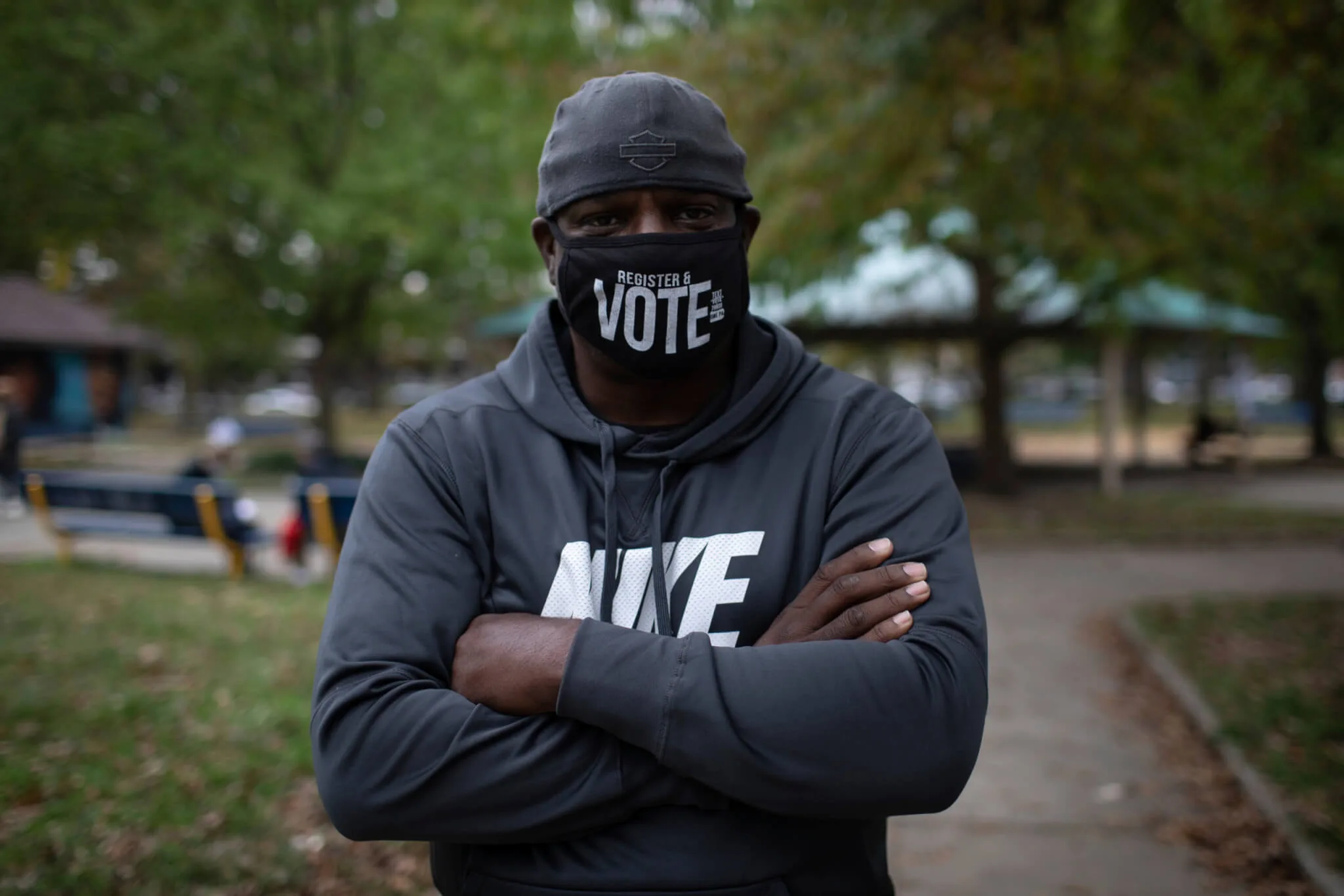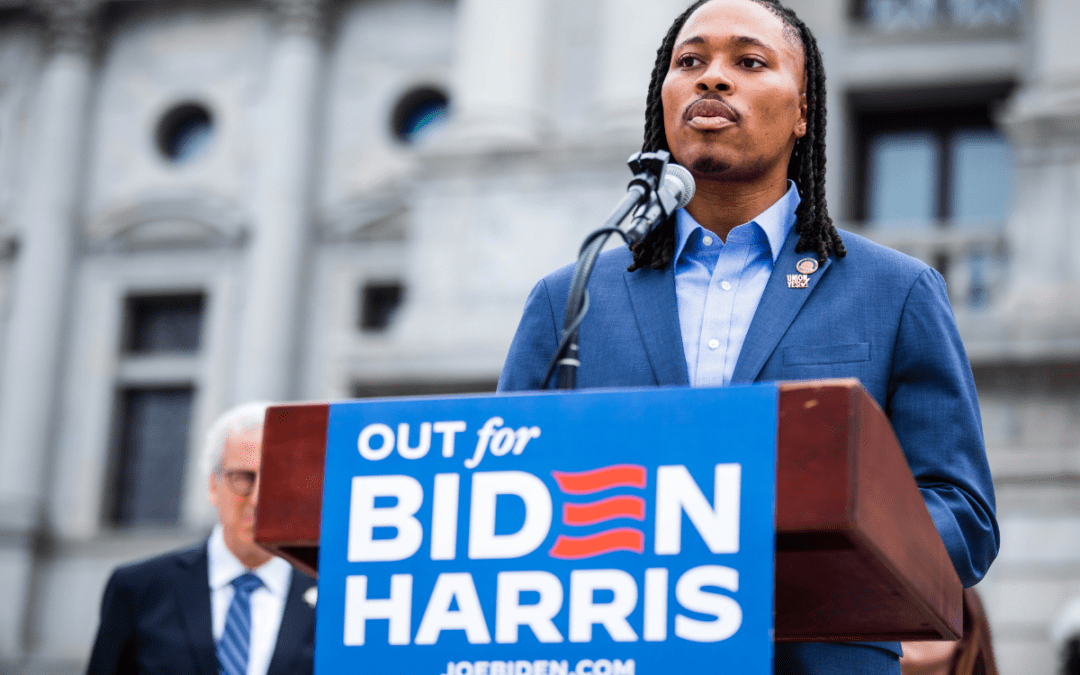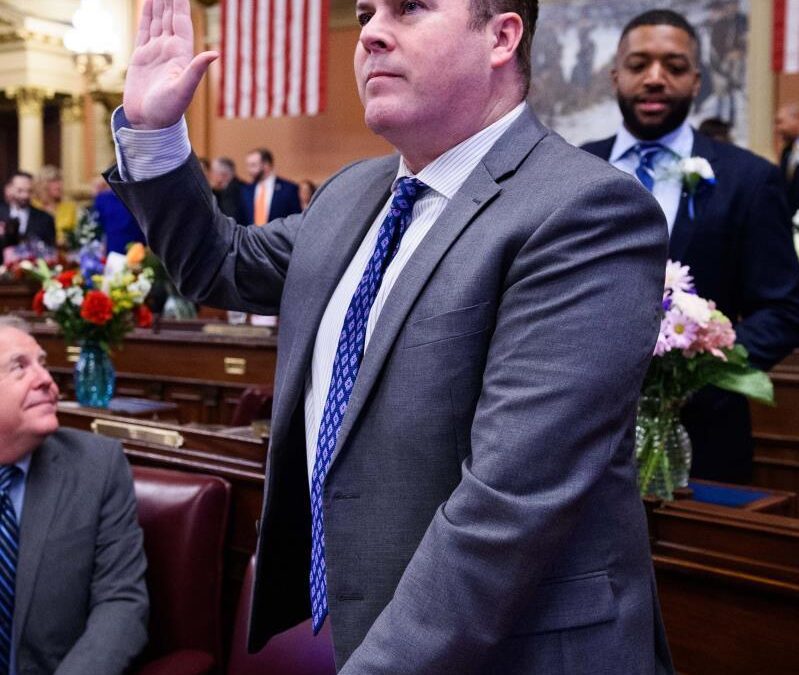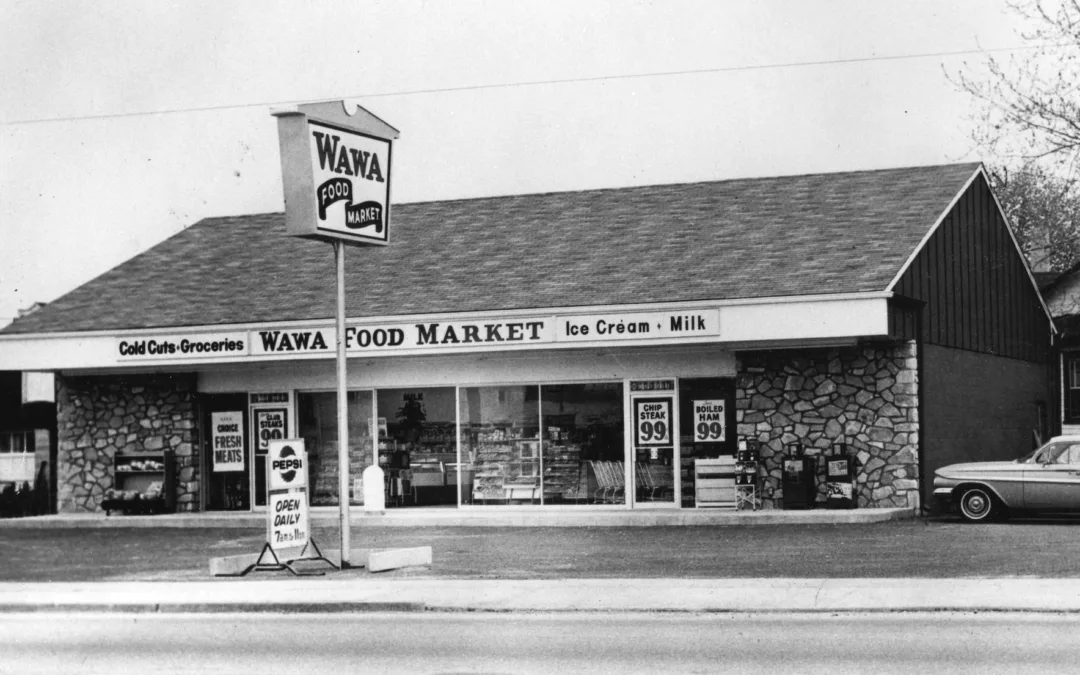
Rev. Mark Kelly Tyler poses for a photo in a park in Philadelphia on Wednesday, Oct. 28, 2020. Tyler, the pastor of Mother Bethel AME Church and a community activist, is critical of President Donald Trump's response to the protests that broke out in Wallace's West Philadelphia neighborhood. (AP Photo/Robert Bumsted)
President Donald Trump and Democratic presidential nominee Joe Biden are working to address the same questions that roiled cities across the US—and the presidential campaign—after the death of George Floyd on Memorial Day in Minneapolis, Minnesota.
PHILADELPHIA — The fatal shooting of another Black man on American streets by police—and subsequent protests—has brought the issues of policing and racism in the nation back to the fore of the presidential election in its closing days.
Philadelphia police shot Walter Wallace Jr., 27, on Monday as he was struggling with a mental health crisis and ignored officers’ orders to drop a knife.
The encounter, caught on video, spurred protests in Philadelphia; New York; Washington, DC; and Portland, Oregon.
And now President Donald Trump and Democratic presidential nominee Joe Biden are working to address the same questions that roiled cities across the US—and the presidential campaign—after the death of George Floyd on Memorial Day in Minneapolis, Minnesota.
Trump, while campaigning Wednesday in Arizona, expressed outrage over the violent protests in Philadelphia and attempted to use it to court suburban voters outside Philadelphia and elsewhere.
RELATED: Walter Wallace Jr.’s Parents Called for Medical Help. Police Showed Up Instead and Killed Him.
“I can tell you, Biden and Harris stand with the rioters and the vandals,” Trump said of the former vice president and his running mate, Sen. Kamala Harris, during a campaign rally. “I stand with the heroes of law.”
In a separate exchange with reporters earlier in the day, Trump spoke about the shooting in purely partisan tones, noting that the unrest had happened again in a “Democrat-run city.”
“They should be able to handle it themselves,” Trump said, even as the White House issued a statement saying Trump stood ready to deploy federal troops to Philadelphia if asked.
Trump previously threatened to send federal forces to Philadelphia during protests in May, June, and July over police brutality and the death of George Floyd.
Biden, who has tried to keep his campaign squarely focused on the novel coronavirus pandemic, tread carefully. He initially avoided any direct mention of the Philadelphia shooting as he spoke at a drive-in rally in Atlanta on Tuesday, even as he intoned the names of George Floyd, Breonna Taylor and Jacob Blake—all Black Americans killed in high-profile encounters with police—promising they “will not soon be forgotten.” Later Tuesday, the Biden campaign issued a joint statement in which Biden and vice presidential candidate US Sen. Kamala Harris said they were heartbroken over Wallace’s death.
“We cannot accept that in this country a mental health crisis ends in death,” they said. “It makes the shock and grief and violence of yesterday’s shooting that much more painful, especially for a community that has already endured so much trauma. Walter Wallace’s life, like too many others’, was a Black life that mattered—to his mother, to his family, to his community, to all of us.”
They discouraged vandalism and violence.
“Attacking police officers and vandalizing small businesses, which are already struggling during a pandemic, does not bend the moral arc of the universe closer to justice. It hurts our fellow citizens,” they said. “Looting is not a protest, it is a crime. It draws attention away from the real tragedy of a life cut short.”
Biden reiterated his opposition to the violent protests in remarks to reporters on Wednesday, saying that “there is no excuse whatsoever for the looting and the violence.”
He also said he’d set up a commission, if elected, to study “how you diminish the prospect of lethal shootings in circumstances like the one we saw.” Biden’s criminal justice plan would increase oversight of police departments and offer funds to support police reforms at the local level.

In West Philadelphia, Bishop Dwayne Royster, interim executive director of POWER, a group of Pennsylvania religious leaders focused on social justice issues, said he “can’t stand the rhetoric coming out of the White House.”
But Royster, who is Black, also said Biden and Harris have work to do to show their support for the Black community. Harris, who served as California’s attorney general and San Francisco’s district attorney before being elected to the Senate, is viewed by some in the Black community with some suspicion because of her prosecutorial background.
“I think the community wants healing, but they are also desperate for a change,” Royster said.
Amid this summer’s protests, Trump repeatedly sounded a “law and order” mantra. He received the support of several police unions, while repeatedly warning that the suburbs would disappear if he’s not reelected because of some Democrats’ support for building low-income housing in suburban communities.
Trump also faced bipartisan outrage after Attorney General William Barr ordered protesters forcibly expelled from Lafayette Park near the White House in June. The park was cleared shortly before Trump walked to nearby St. John’s Church to pose for cameras while holding up a Bible. The church had been damaged earlier by a fire amid the protests over police brutality.
Biden, meanwhile, called for the passage of the SAFE Justice Act, a bill that would reform the federal criminal justice system from sentencing to release, including investments in community-based policing and evidence-based crime prevention initiatives.
Biden has proposed a $20 billion grant program to compel states to shift their focus from incarceration to crime prevention.
He also has proposed expanding health insurance coverage so more Americans have access to mental health services, and doubling the number of counselors, psychologists, nurses, and social workers in schools.
Biden has promised to provide federal funding to partner mental health professionals with police departments, to help officers respond better to people with mental illnesses or other disabilities and “to better de-escalate interactions with people in severe emotional distress before they become violent.”
RELATED: Philadelphia Officials: ‘We Need to Do a Better Job’ in Handling Mental Health Crises
In Delaware County, one of the suburban Philadelphia areas where Trump needs to win over voters to win Pennsylvania, there’s been mixed response to Trump’s hard-edged law-and-order message.
Kevin Hayes, a sales representative who is white, had a handful of Trump campaign signs in the yard of his Springfield home and a “Cops for Trump” sign in his window. He said he “absolutely” agrees with Trump’s characterization of the Philadelphia protests.
“I think it’s terrible the way they’re treating police in Philadelphia right now. They’re not getting any support from the politicians, from the public,” Hayes said. “If they have issues with the police, they should give them more money for training, not defund them.”
Scott Brady, 49, another white Springfield resident and Trump supporter, voted for Democrats for most of his adult life, but backed Trump in 2016. He plans to again this year, and says Trump’s statements about Philadelphia are spot on.
“He’s right. He is,” Brady said, adding that he disagrees with the policies and criminal justice changes advanced by some of the city’s Democratic leaders.
Rick Pierce, a south Philadelphia native who moved to the suburbs a few years ago, was a rock-ribbed Republican but says Trump has tried his patience over the past year. The 65-year-old retiree said he voted for Trump in 2016, but he’s had a change of heart this year.
Pierce, who is white, said he understood why people were upset by Wallace’s shooting.
“By now the police should know better,” he said. “He didn’t have a gun, he had a knife.”
Politics

Malcolm Kenyatta makes history after winning primary for Pa. Auditor General
State Rep. Malcolm Kenyatta, who was first elected to the state House in 2018, won the Democratic nomination for Pa. Auditor General and will...

Biden administration bans noncompete clauses for workers
The Federal Trade Commission (FTC) voted on Tuesday to ban noncompete agreements—those pesky clauses that employers often force their workers to...

Philadelphia DA cancels arrest warrant for state Rep. Kevin Boyle on eve of Pa. primary
Philadelphia District Attorney Larry Krasner said a detective had sought the warrant against Boyle, a Democrat whose district includes a section of...
Local News

What do you know about Wawa? 7 fun facts about Pennsylvania’s beloved convenience store
Wawa has 60 years of Pennsylvania roots, and today the commonwealth’s largest private company has more than 1,000 locations along the east coast....

Conjoined twins from Berks County die at age 62
Conjoined twins Lori and George Schappell, who pursued separate careers, interests and relationships during lives that defied medical expectations,...





